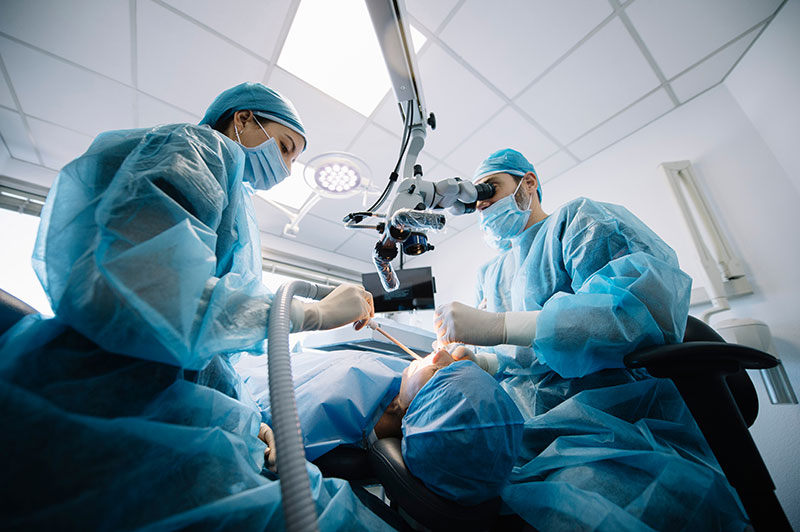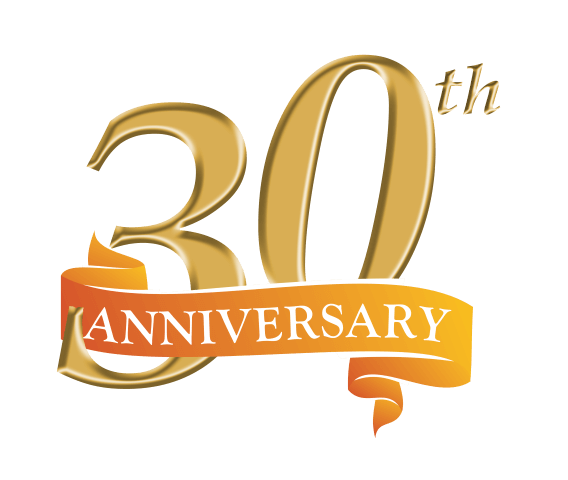What Is Oral Surgery?
Not all dental treatments are straightforward. Sometimes, we need procedures that are more invasive to restore the function and appearance of our smiles. This is known as oral surgery and is performed by an oral surgeon who has the specialized training, skills and experience to complete more complex dental procedures.
Common Oral Surgery Cases
There are various types of oral surgery, and some of these procedures are more often performed than others. Here are some of the most common cases for oral surgery.
Tooth Extractions
Oral surgery is needed for more complex tooth extractions, such as when the tooth needs to be broken into pieces before it is removed. Tooth extractions are normally needed where severe decay or trauma makes the affected tooth irreparable. Removal is the best way to preserve the health of your other remaining teeth.
Wisdom Tooth Removal
Wisdom teeth are the most common teeth removed. This is because they erupt last, and there often isn’t enough space in the gum to accommodate them. This can lead to impaction, infections and severe dental pain. Since they are located at the back of the mouth, wisdom teeth don’t need to be replaced.
Dental Implants
Dental implants are one of the most popular ways of replacing missing teeth. Their design includes a titanium post placed into the jawbone, and oral surgery is the only way to do this. Implants can be used to replace single or multiple missing teeth which restores the function and appearance of your teeth.
Oral Diagnosis and Biopsies
Biopsies are surgical procedures that involve the removal of tissue from a specific area of the body. The tissue is then examined under a microscope with the aim of obtaining a diagnosis. There are a range of types of oral biopsy, and these are used to detect a variety of issues including non-cancerous growths and lesions and oral cancers.
Snoring and Sleep Apnea
Sleep apnea is a common problem that affects the quality of your sleep. Snoring is one of the main symptoms associated with sleep apnea, and this can put a strain on your relationship and even affect your general health. In severe cases of sleep apnea, oral surgery may be recommended to clear your airway and eliminate your symptoms.
TMD
TMD or temporomandibular joint disorder — commonly known as TMJ — is another common dental problem. These joints are found on either side of the head, connecting the lower jaw to the skull. The joint helps us to talk, eat, yawn and more, but problems with it can lead to pain, stiffness and other debilitating symptoms. Oral surgery can be used to repair the joint in patients with TMD.
Cleft Lip/Palate
A cleft is a gap or split, found either in the lip and/or in the roof of the mouth (palate). A cleft is usually treated by an oral surgeon, and several surgical procedures may be needed to correct the issues. Initially, cleft surgery is performed on an infant, but your oral surgeon may need to carry out additional procedures at a later stage, too.
What to Expect With Oral Surgery
The thought of any sort of surgery can be scary, and oral surgery is no exception. Patients generally feel calmer and more prepared when they know what to expect.
Every Surgery Is Different
The most important thing to be aware of is that every patient, and therefore, every surgery is different. What will happen during your procedure will be explained to you during your consultation. This is the perfect time to ask any questions that you may have.
You May Have to Take Specific Steps to Prepare
Depending on the type of oral surgery you will be having, your oral surgeon may ask you to take specific steps to prepare. This could include giving up smoking, stopping taking certain medications and scheduling some time off of work beforehand. It’s important to follow these instructions as they could help minimize your risk of complications.
You Will Need Someone to Drive You Home
Most dental surgeries are outpatient procedures which means that you will be discharged to go home that day. Since you will have had anesthesia which can have lasting effects, you will need to arrange for someone to drive you home. It can also help to have someone stay with you for several days while you recover.
Post-Treatment: What to Do After an Oral Surgery
What you do following your dental surgery is just as important as how you prepare. This is because it can help ensure that you have minimal risk of developing complications and will affect the overall outcome of your oral surgical procedure.
- Give yourself sufficient time to recover. Schedule some days off from work (your oral surgeon will be able to tell you how long), and get someone to help you around the house until you feel back to your usual self.
- Sleep with your head elevated. This simple trick will help minimize swelling which is one of the most common side effects of oral surgery.
- Expect some discomfort. This is normal and should be kept under control using pain medications. This typically will ease within a few days.
- Don’t be afraid to speak to your oral surgery team if you are still in pain in spite of taking medications, experience excessive bleeding or have any concerns. We are here to help.
- Most importantly, follow the oral surgery recovery guidance provided by your dental surgeon.
Getting Your Oral Surgery at West Coast Dental
If you need dental treatment that requires oral surgery, West Coast Dental can ensure that you receive the care you need. Here are just some of the reasons why patients choose us.
Team of Board-Certified Oral Surgeons
When it comes to surgical procedures, you want to feel reassured that you are in safe and experienced hands. Our surgical team is made up of board-certified oral surgeons. This means that they have achieved the exceptionally high standards of practice required to receive certification. Their enhanced skills and experience will be evident from the quality of their work.
Same-Day Appointments Available
Emergencies can arise at any time. Sometimes, serious and urgent dental problems require the patient to have oral surgery the same day. We have a number of same-day appointments available — meaning that we can be there for you when you need us most.
We Accept Most Insurances
Most types of oral surgery are covered by insurance since they are medical, necessary and not done for cosmetic reasons. We also accept most insurances which can help to take the stress out of treatment. Check your individual policy for more details.
We offer a variety of payment options to make your crown affordable. We also accept most dental insurance plans and have a dental discount program for patients without insurance. Call us at our toll-free number 888-329-8111 or make an appointment online here.




